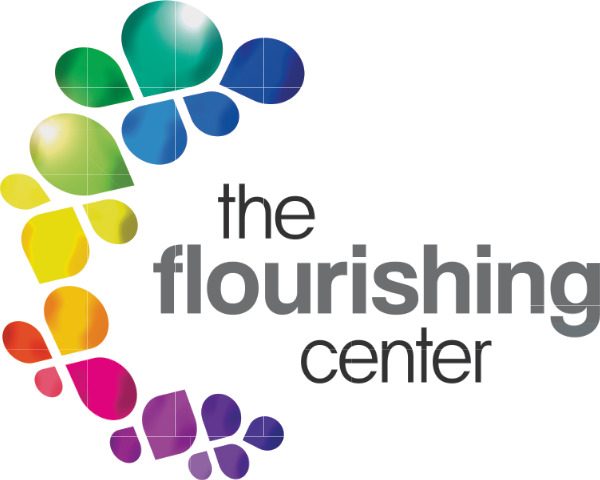
Episode 91: FIVE TYPES OF HIGHER ORDER GRATITUDE & HOW TO USE THEM – Flourishing Friday
Welcome to Flourishing Fridays. This past Wednesday we celebrated World Gratitude Day with the first ever TFC Gratitude Marathon, which included 12 hours of online gratitude experiences and courses. If you’d like to learn more about the 24 different experiences or to purchase the recordings, go to theflourishingcenter.com/wgd (that’s WGD for World Gratitude Day).
In this episode, join Emiliya Zhivotovskaya, CEO and Founder of The Flourishing Center, in a review of the concept of higher order gratitude.
In traditional positive psychology research, gratitude has been defined as the emotional experience of receiving benefit from other people’s benevolence. But positive psychology researchers have recently widened their lens, incorporating the “higher order” aspects of gratitude that originate from valuable and meaningful life experiences. Join Emiliya as she reviews research that highlights five higher order aspects and invites you to explore five questions to deepen your experience of gratitude.
What is higher order gratitude?
Gratitude is an important pathway to cultivate positive emotions and a sense of satisfaction with one’s life. Gratitude has traditionally been defined by researchers as the emotional experience of receiving benefit from others’ benevolence. Recent studies, such as a 2008 study by Alex Wood and colleagues and a study by Lin, et al. (2017), take the definition of gratitude a step further, incorporating gratitude that originates from valuable and meaningful life experiences.
Five aspects of higher order gratitude
This “higher order” gratitude involves an experience of appreciation and includes 1. thanking others, 2. thanking God or a higher power, 3. cherishing blessings, 4. appreciating hardship, and 5. cherishing the moment.
Using higher order gratitude can help us feel blessed by things we might otherwise take for granted, if we focused on a traditional definition of gratitude alone. Higher order gratitude includes being grateful to others, but also incorporates feeling thankful for things that are beyond ourselves, helping us to savor the present moment and be mindful of what we have in our lives.
Five questions you can ask yourself, to cultivate higher order gratitude
Reflecting on, or journaling about, these questions can help you put higher order gratitude to use in your life. If you’re a positive psychology practitioner who works with others, you can use these questions to guide them to reflect on higher order gratitude.
- Thank others – Who is someone that you are grateful for in your life? What are the three biggest benefits and gifts they have brought into your life?
- Thank a higher power – What are three gifts that you receive from nature and what do they enable you to experience? You might list air, food, or clean water. Connect with what these things do for you.
- Cherish blessings – Think about people in the world that are less fortunate than you. What are three things that you have in life that you want to make sure you don’t take for granted?
- Appreciate hardship – What is something that you have overcome that has made you who you are today?
- Cherish the moment – What is something happening around you in this moment that you can notice and appreciate?
Key links
Wood, A.M. et al., (2008). Conceptualizing Gratitude and Appreciation as a Unitary Personality Trait. Personality and Individual Differences, 44(3).
Lin, C. C. (2017). The Effect of Higher-Order Gratitude on Mental Well-Being: Beyond Personality and Unifactoral Gratitude. Current Psychology , 36 (1), 127-135.
Sponsored by Lift
This episode is sponsored by Lift, a powerful daily learning experience designed to enhance and promote your mental, emotional, physical, and spiritual health. With Lift, you get skills for life. Discover more about Lift at https://theflourishingcenter.com/lift
